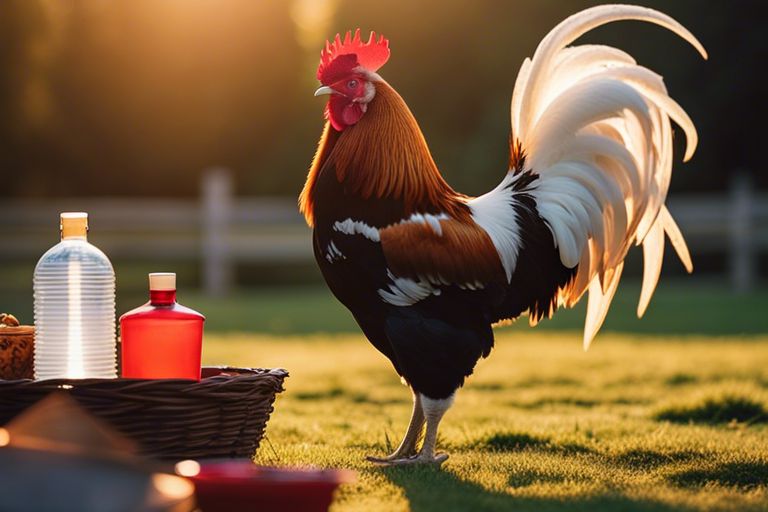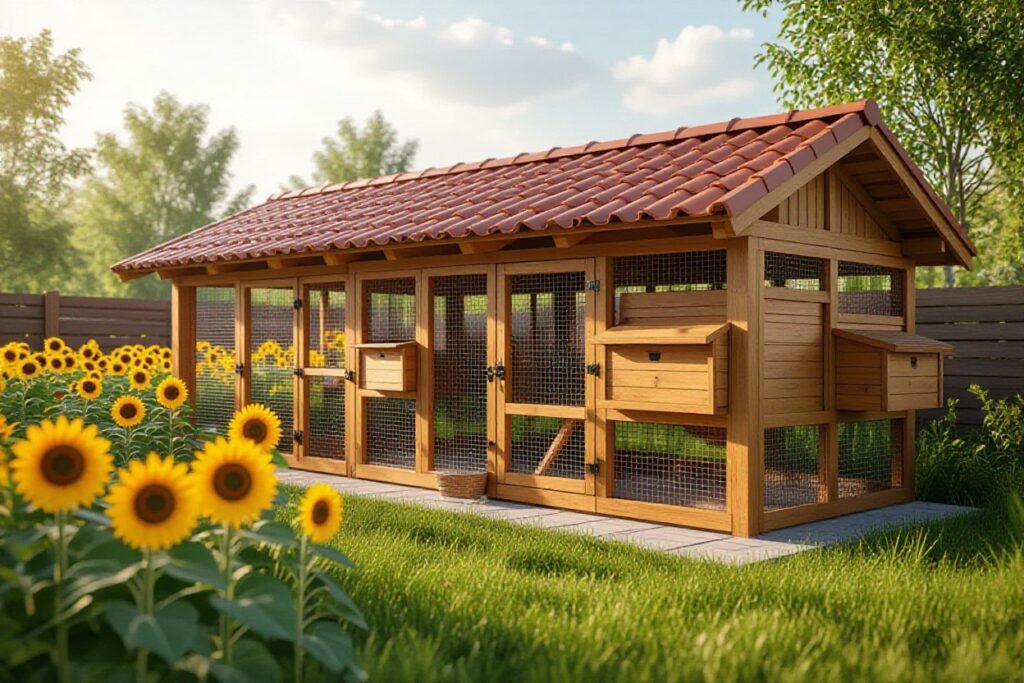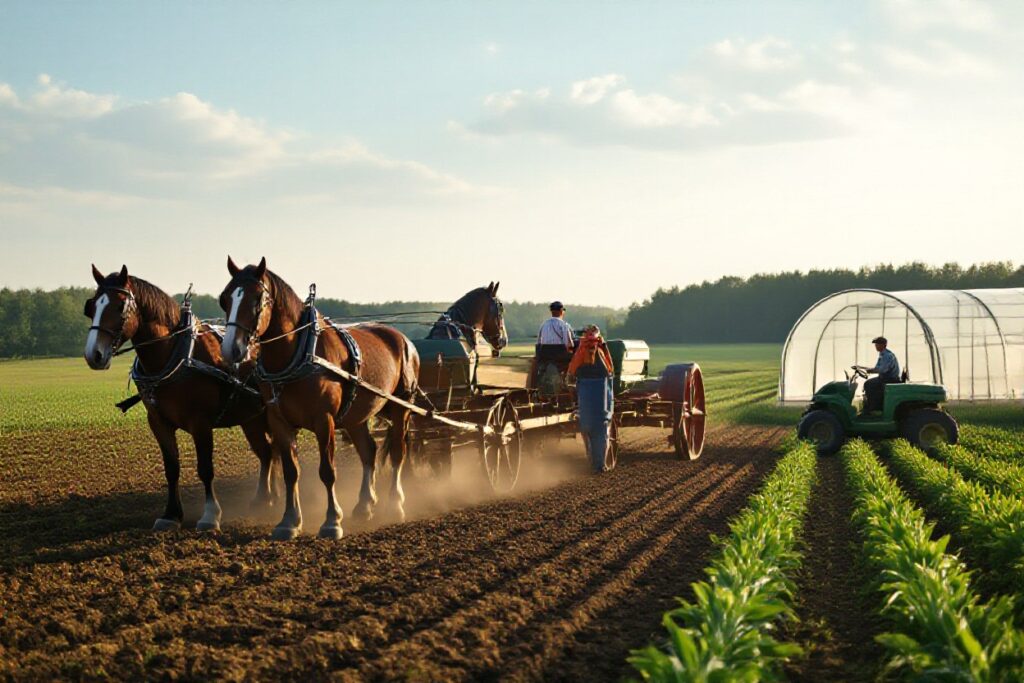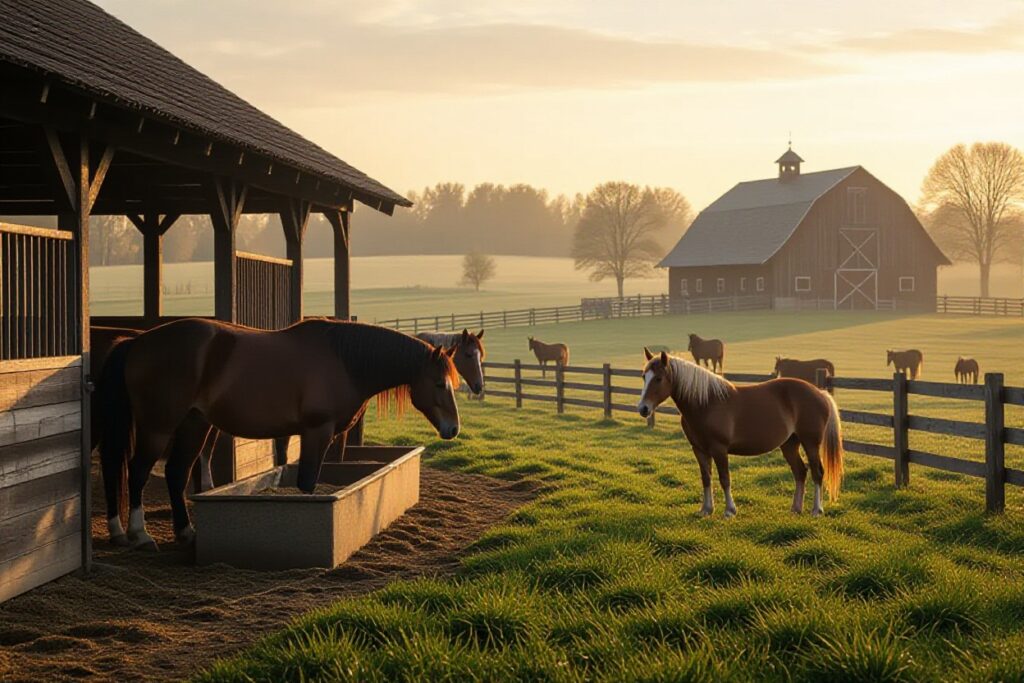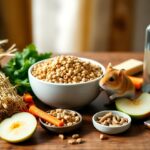Crowing heralds the start of a new day on many farms and homesteads across the world. Beyond its symbolic significance, the act of a rooster crowing serves several important purposes that are often overlooked. Understanding the importance of rooster crowing can provide valuable insights into the natural behavior of these iconic birds and their role in the ecosystem. From establishing social hierarchy to signaling danger and even predicting the weather, roosters play a vital role in the daily life of poultry and their human caretakers.
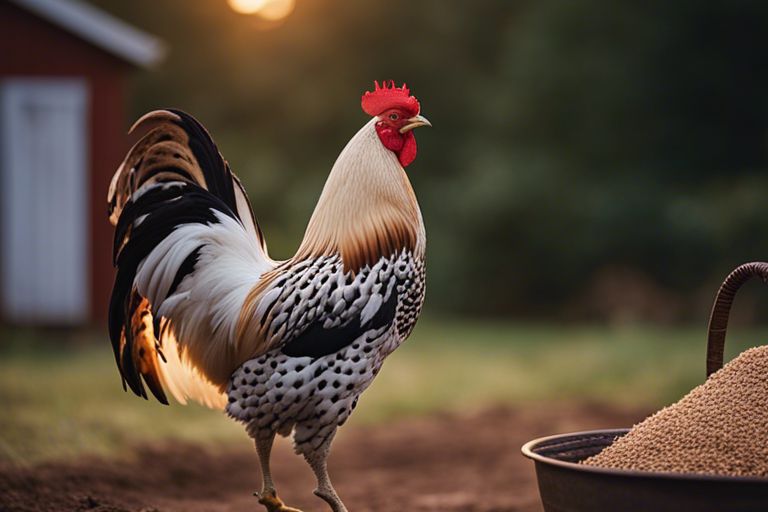
The Biology of Crowing
Anatomical Mechanisms of Crowing
Crowing is a complex vocalization produced by roosters, involving intricate anatomical mechanisms. The sound is created when air from the rooster’s lungs passes over the syrinx, a specialized sound-producing organ located in their throat. The unique structure of the syrinx, along with the control of muscles in the throat, allows roosters to produce the loud and distinctive crowing sound that is associated with the break of dawn.
Circadian Rhythms and Environmental Triggers
Anatomical mechanisms alone do not govern when roosters crow. Circadian rhythms play a crucial role in determining the timing of crowing. Roosters are known for crowing at the break of dawn, and this behavior is tied to their internal body clocks. Additionally, environmental triggers such as the rising sun, light intensity, and even noises from other animals can also stimulate roosters to crow.
Environmental cues play a significant role in regulating the crowing behavior of roosters. The first crow usually happens at the break of dawn when the light intensity increases, triggering their internal clocks. Roosters can also crow in response to noises from predators or other disturbances in their surroundings. Understanding the impact of environmental cues on rooster crowing can provide valuable insights into their behavior patterns and communication strategies.
Cultural and Historical Significance
Roosters in Mythology and Folklore
While roosters are commonly associated with waking people up at dawn, their significance goes beyond their role as alarm clocks. An ancient symbol of vigilance and protection, roosters have been featured in various mythologies and folklores around the world. In many cultures, they are believed to possess the ability to ward off evil spirits and bring good luck.
Symbolism of the Rooster in Various Cultures
An important symbol in many cultures, roosters hold diverse meanings and interpretations. In Chinese culture, the rooster represents fidelity and punctuality, while in Greek mythology, the rooster symbolizes the sun and the god Apollo. In Christianity, the crowing of a rooster is associated with the betrayal of Jesus by Peter, adding layers of symbolism to this proud bird.
Cultures have long intertwined the rooster with various symbolic meanings, reflecting their values and beliefs. From heralding the sunrise to embodying courage and protection, the rooster continues to be a powerful symbol with deep cultural roots.
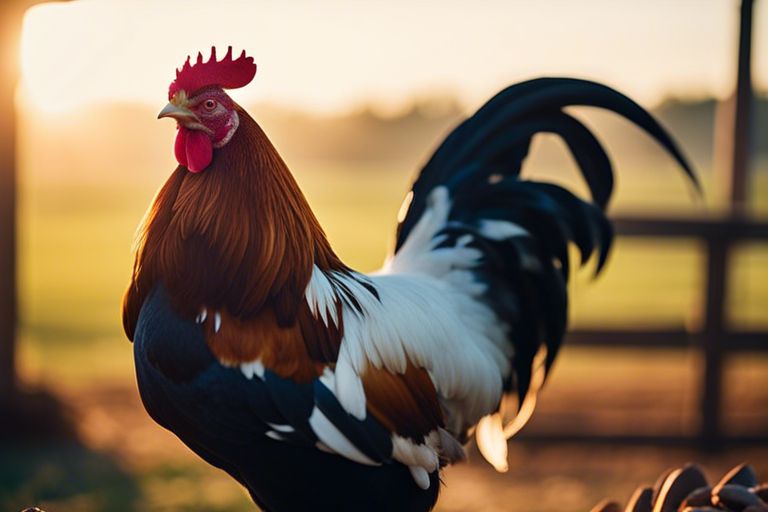
Practical Implications of Rooster Crowing
Roosters as Natural Alarm Clocks
Unlike modern alarm clocks, roosters have a natural instinct for crowing at the break of dawn. This crowing serves as a natural alarm clock, signaling the start of a new day for both the flock and their human caretakers. Roosters are finely tuned to nature’s rhythms, and their crowing can help regulate the sleeping patterns of the flock and ensure they are up and about at the right time.
Impacts on Flock Dynamics and Egg Production
Clocking the early mornings with their crowing, roosters play a crucial role in the dynamics of a flock. Their presence can help establish hierarchy within the flock, maintaining order and reducing aggression among hens. Additionally, the crowing of a rooster can stimulate egg production in hens, leading to a more consistent and productive laying cycle.
Alarm
Roosters crowing can also act as a warning signal for potential danger, alerting the flock to predators or other threats. Their keen sense of awareness can help protect the entire flock and ensure their safety, making them invaluable members of any poultry community.
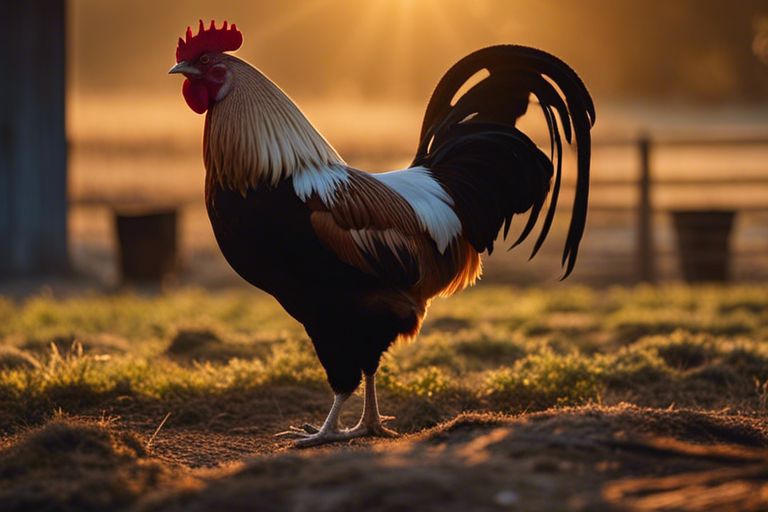
Managing Rooster Crowing
Techniques for Minimizing Excessive Crowing
Keep your rooster crowing in check with some simple techniques. Providing enough space for your rooster to roam freely can help reduce stress and the urge to crow excessively. Additionally, keeping your rooster well-fed and ensuring the coop is clean and comfortable can also minimize excessive crowing. Some rooster breeds are naturally quieter than others, so choosing the right breed can make a difference as well.
Legal Considerations and Neighborhood Etiquette
Neighborhood harmony is necessary when keeping roosters. Before getting a rooster, be sure to check local regulations regarding noise ordinances and keeping livestock. If your neighbors are in close proximity, consider discussing your plans with them beforehand to address any concerns. It’s important to be a responsible chicken keeper and considerate neighbor by minimizing disturbances caused by your rooster’s crowing.
Excessive noise from a rooster can disrupt the peace of a neighborhood and lead to complaints. It can also potentially violate noise ordinances in some areas, resulting in fines or legal action. To avoid any conflicts, be proactive in managing your rooster’s crowing behavior and take measures to minimize disruptions to those around you.
Conclusion
To wrap up, rooster crowing is a natural behavior that serves various purposes in the flock, such as establishing a pecking order, signaling morning time, and protecting the group from potential threats. Understanding the importance of rooster crowing can help poultry owners better care for their birds and maintain a harmonious environment in the coop. By recognizing the significance of this behavior, we can appreciate the role that roosters play in the overall well-being of the flock.
FAQ
Q: Why do roosters crow?
A: Roosters crow to communicate with other roosters, establish territory, and greet the morning sun.
Q: How early do roosters start crowing?
A: Roosters typically start crowing at the break of dawn, but individual roosters may vary in their crowing times.
Q: What is the significance of a rooster crowing?
A: The rooster’s crow is a natural alarm clock for the farm, signaling the start of a new day and waking up other animals.
Q: Can roosters crow at any time of day?
A: While roosters are known for crowing at dawn, they can crow at any time of day in response to various stimuli such as danger or excitement.
Q: Are there health benefits to the sound of a rooster crowing?
A: Some studies suggest that the sound of a rooster crowing can have a calming effect on individuals and reduce stress levels.
Q: Do all roosters crow loudly?
A: Roosters have different crowing styles and volumes, with some being louder and more persistent than others depending on their breed and individual characteristics.
Q: How can roosters crowing affect the surrounding environment?
A: Roosters crowing can help maintain the natural order on a farm, provide a sense of security, and contribute to the rural ambiance of the countryside.
